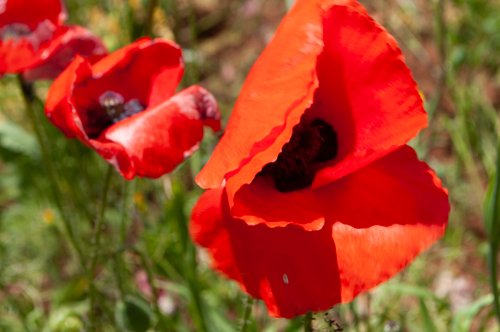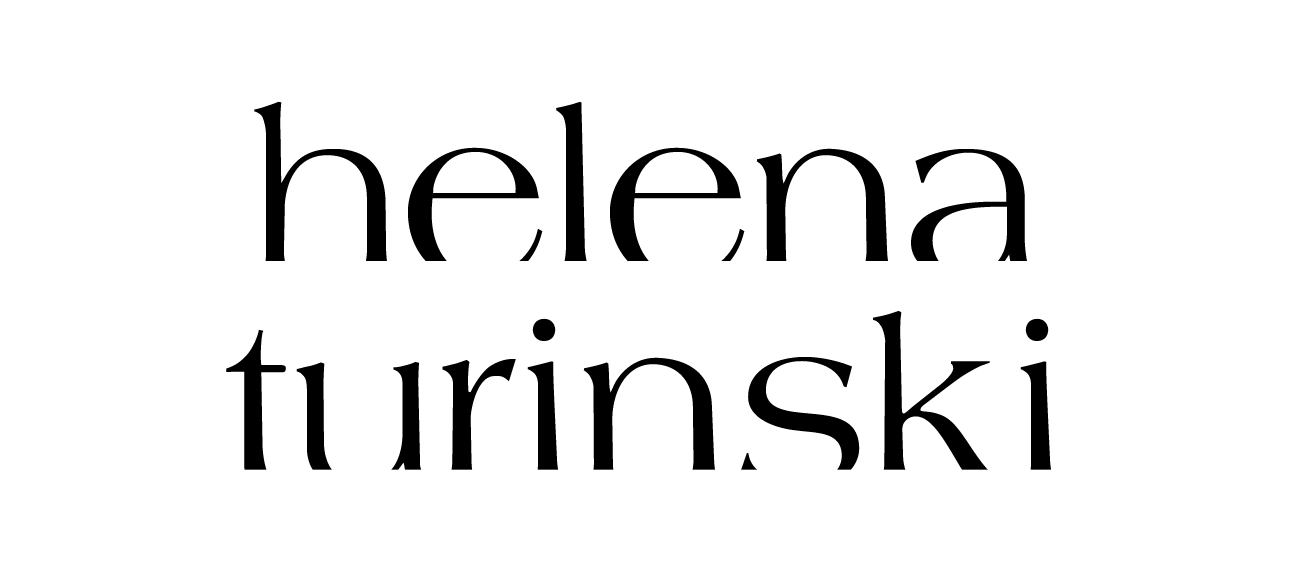For the Fallen
 In commemoration of Anzac Day, here, by Robert Laurence Binyon (1869-1943), is the well-known poem For the Fallen, which was published in The Times newspaper on September 21, 1914.
In commemoration of Anzac Day, here, by Robert Laurence Binyon (1869-1943), is the well-known poem For the Fallen, which was published in The Times newspaper on September 21, 1914.
Binyon wrote the poem in mid-September, 1914, just a few weeks after the outbreak of WW1, after the British had suffered casualties in their first encounter with the German army at the Battle of Mons. He said it was the words of the famous fourth stanza that came to him first.
Between his timeless words are some photographs I took of a field of poppies in the Rif Mountains of Morocco. (It was a very windy day, and it was hard to capture the dancing poppies, so they’re a bit blurry.)
For the Fallen
With proud thanksgiving, a mother for her children,
England mourns for her dead across the sea.
Flesh of her flesh they were, spirit of her spirit,
Fallen in the cause of the free.
Solemn the drums thrill: Death august and royal
Sings sorrow up into immortal spheres.
There is music in the midst of desolation
And a glory that shines upon our tears.

They went with songs to the battle, they were young,
Straight of limb, true of eye, steady and aglow.
They were staunch to the end against odds uncounted,
They fell with their faces to the foe.
They shall grow not old, as we that are left grow old:
Age shall not weary them, nor the years condemn.
At the going down of the sun and in the morning
We will remember them.
They mingle not with their laughing comrades again;
They sit no more at familiar tables of home;
They have no lot in our labour of the day-time;
They sleep beyond England's foam.
 But where our desires are and our hopes profound,
But where our desires are and our hopes profound,
Felt as a well-spring that is hidden from sight,
To the innermost heart of their own land they are known
As the stars are known to the Night;
As the stars that shall be bright when we are dust,
Moving in marches upon the heavenly plain,
As the stars that are starry in the time of our darkness,
To the end, to the end, they remain.

